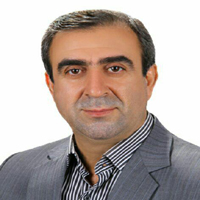Methods of Thinking in Farhad Hassanzadeh’s Stories Based on Lipman Theory (A Case study: Stories for Age Groups A, B and C)
According to the intellectuals in the Philosophy for Children program, philosophical thinking skill is an educational skill that provides children and adolescents with thinking under controlled conditions, and storytelling is a multifaceted tool that can indirectly develop a child’s cognitive, emotional, and social abilities. The present study examined the sufficiency and frequency of creative, caring, and critical philosophical thought types in children’s stories for age groups A, B, and C, by Farhad Hassanzadeh, based on the P4C program in Lipman’s theory. The results of the study show that the sufficiency and frequency of creative philosophical thinking are the highest in these stories, with the components of reasoning and experimentation, and innovation in behavior. Critical thinking with the components of other-correction and text sensitivity, and caring thinking with the component of developing responsible thinking skills are placed next. The existences of these components as well as the linguistic and literary techniques in the stories provide the ability and possibility of the pragmatic ideas of the “research community” of the P4C program in the stories under study.
-
Investigating the Appearance of Iranian Women during the Safavid Era Based on Cultural Iconography (Case study: Travelogues of Sanson and Tavernier)
*, Nazanin Namdari
Journal of WOman in Culture Arts, -
Aristotelian Tragedy Components in Ferdowsi's Shahnameh
Shirin Ghaderi, Mirjalaluddin Kazazi *, Khalil Beighzadeh
Research in Persian Language & Literature,



